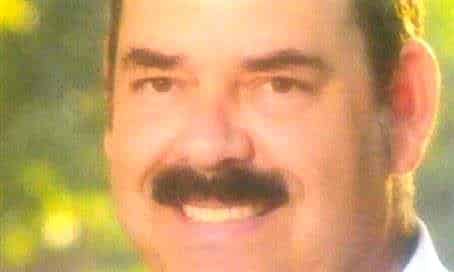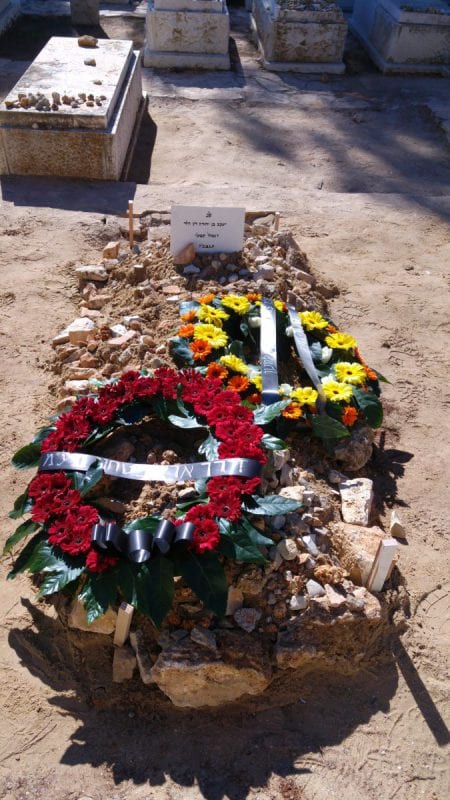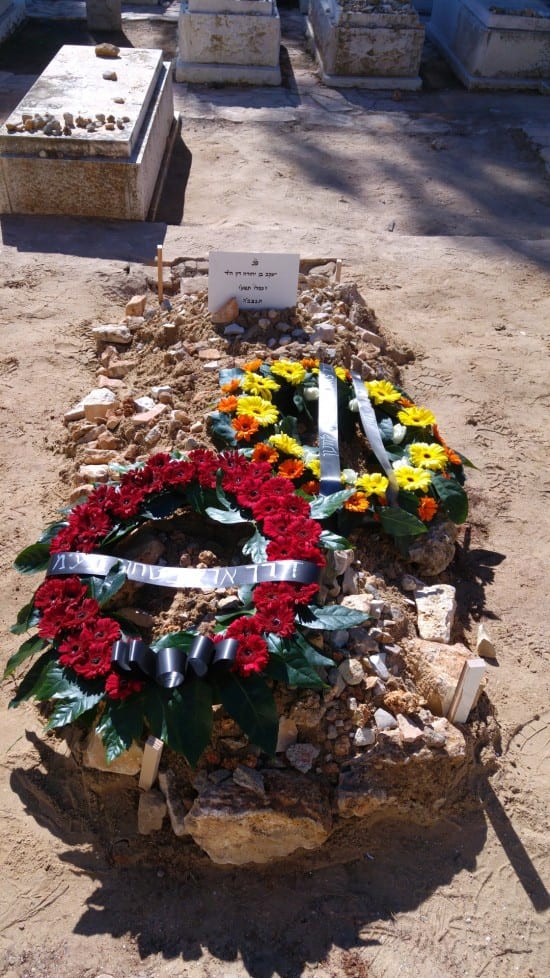
It was Thursday evening when I heard the sirens and knew without a doubt that terror had once more struck my community. There’s something about the way sound carries from the highway to my home and I hear every ambulance, every fire truck and police car. And I know that when I hear several of them in succession, several sirens, this means there’s been something out of the ordinary, and it’s either a very bad accident, or a terror attack.
It being Thursday, I just knew it was the latter. For several weeks in a row, there have been terror attacks on Thursday evenings in the same general area, the Gush Etzion Junction. There’s a gas station there, the only one for miles around, and there’s a large discount shopping center there, too. Those not privileged to own cars can also catch a bus from there, or hitch a ride home or to town.
It is here that three boys were kidnapped and murdered last year in an attack that made it into mainstream international media. And there have been many more attacks before and since. The terror waxes and wanes and right now it’s waxing.
Playing Earth Mama
I was brushing beaten egg onto risen loaves of challoh bread when I heard the sirens. I’d signed out of work for the day and was getting my Sabbath baking done, as I always do on Thursdays. Thursday is that day in the week where I live: the day that people shop and bake and cook for Shabbat, the Jewish Sabbath that comes every week at sundown Friday night. The oven was preheating, my kids were doing their homework in the living room, and I was in the kitchen, being Earth Mama. It would have been cozy, had been cozy, until I heard the sirens.
I tried to count, to note how many ambulances were being called, to judge how many casualties. I said, “It’s a pigua.”
“Pigua” is Hebrew for “terror attack.”
My almost 17 year-old son, Yitzchak said, “No. It’s just an ambulance. I only hear one.”
“No,” I said. “I can hear at least three. It’s a pigua.”
“I only hear one,” repeated Yitzchak. “Anyway, it’s probably just an accident.”
“No,” I said. “It’s a pigua. There’s been one every Thursday night for weeks.”
When Terrorists Strike
That is when terrorists strike. They strike on Thursday nights, when the junction is jammed with people shopping at the Rami Levy Supermarket, and trying to get home after the long work week, to get home to their families. Where I live, Thursday is the equivalent of TGIF. Friday is a day off. But Thursday is that last day of the week where all are hustling to get their acts together before Shabbat.
I sprinkled poppy seeds over my loaves of bread and slid them into the oven. While the challoh was baking, I sat down in the living room to check my mail. Asher, my 15 year-old son, was sitting at the PC and Yitzchak was sitting on the couch, looking at his phone screen.
“It can’t be,” said Yitzchak, so quiet I didn’t respond, thinking he was talking to himself. “It can’t be,” he said again, louder this time.”
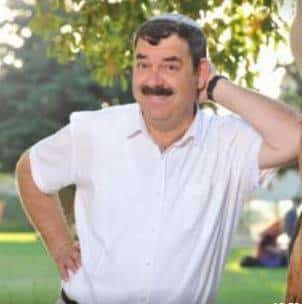
“What?” I asked.
“They’re saying—but no. It can’t be. They’re saying Rav Yaakov Don was injured.”
“What??” asked Asher, jarred enough to tear his eyes away from the game he was playing.
“Where? What?” I asked, trying to clarify. “Who is saying this?”
“The school Whatsapp list. The teachers,” Yitzchak said. “First they said he was shot, hurt—they’re taking him to the hospital—to pray. But now a lot of people are writing ‘BDE.'”
“BDE” is the acronym for the Hebrew phrase that means “Blessed be the True Judge.” It’s what Jews say when someone dies. It’s an affirmation of faith during the worst that can befall a person: death.
“It can’t be,” said Yitzchak again in disbelief. Then, “Oh my God,” he said, his voice breaking. “He died.”
“What??” said Asher. “It can’t be. Oh my God.”
“Baruch Dayan Emess,” I said, “Blessed be the True Judge,” affirming faith in a room filled with the scent of baking bread. A cozy room where nothing bad ever happens. Where children are always safe.
Both boys stood up. They didn’t seem to know what to do with themselves. How to defend against this news with their gangly teenage bodies. “You don’t know, Eema,” said Yitzchak. “He was the best teacher in the school.”
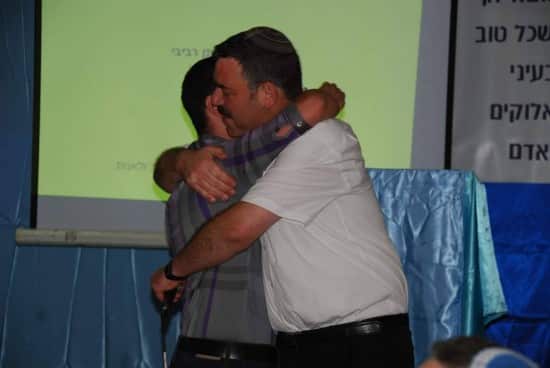
Asher chimed in. “The best!”
“Everyone loved him,” said Yitzchak. “Everyone.”
No wonder he was killed, I thought. This sort of thing never happens to regular people. Only to the really special people. Like the one teacher everyone loved.
My phone chimed with a Whatsapp message. It was the family Whatsapp group. After every terror attack, we check to see if all of us are still alive. I tapped out a message. “We’re okay. Yitzchak and Asher are home with me. Abba just decided to postpone his Shabbat shopping, so he is okay, too. But we heard some bad news. One dead so far and we know who it is, but they haven’t notified the families yet, so not announced.”
“Who?” typed Natan, 25.
For some reason, I couldn’t bring myself to type the name. Instead I spoke into the microphone, “Rav Yaakov Don.”
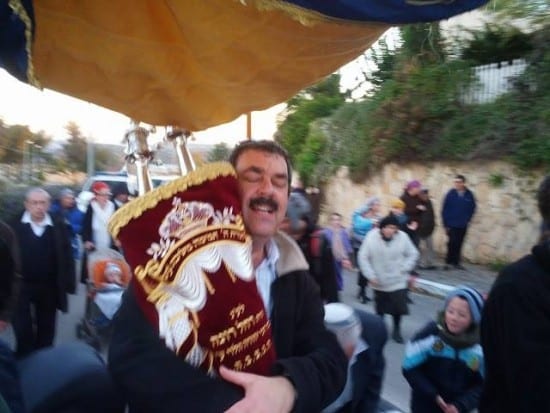
Rav Yaakov Don
There was a stunned virtual silence as all the keyboards of all the members of my very large family fell into disuse, 13 keyboards awaiting fingers that were too shocked to move above the keys. Everyone knew this man, Rav Yaakov Don. He was a beloved and charismatic personality in our local high school. He had taught Yitzchak, Asher, Natan, and my 18 year-old son Moshe, too.
The oven timer beeped. I pulled a challoh out of the oven, and rapped on its bottom to hear that hollow sound that says, “I’m done.” I thought about Rav Yaakov Don’s wife missing her husband on Shabbat, his children, missing their father, having no one to preside over their Shabbat table.
I set my challohs on racks to cool and asked my children to tell me stories about Yaakov Don. I thought it might help them process the shock, the first real loss they’d ever experienced, but not a normal loss. They’d been robbed by terror. Someone who represented all that is good and true had been erased by evil. Evil had been the victor. Good had lost.
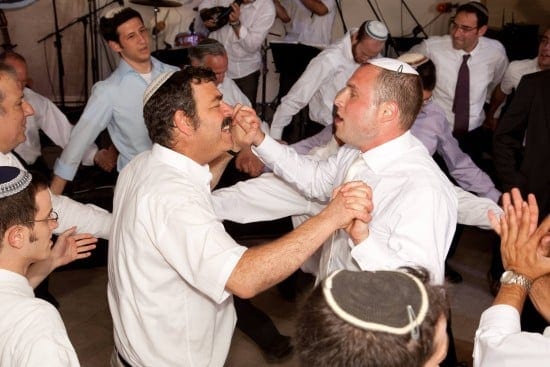
How could it be?
And how could anyone be so evil as to kill this particular man, who was so fine, so beloved a teacher?
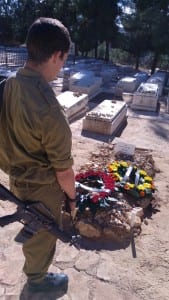
It could not be understood with the logical mind, nor with the heart.
The kids were yearning for some relief from this terrible truth. It was too much. So they did as I asked, hoping that reciting a story or two would erase the terrible discomfort of a beloved teacher, murdered. Asher tried. He said, “Once, he challenged us to see what was the longest time we could sit without making noise. He had us sit in a circle. He sat on the floor with us. He looked around at us, we all looked at each other and at him. We were so quiet. We always wanted to do whatever he asked.
“Then one of the kids broke wind. Rav Yaakov Don couldn’t help it and laughed out loud. He was the first one to make noise, to laugh.”
“He was always smiling, always laughing,” said Yitzchak.
We all fell silent, thinking that never again would they see his smile, hear his laugh.
The school called for an assembly to be held at 9:30 PM. The boys would go and talk about their teacher, remember him. But it was only 8 PM, now. Yitzchak asked if they could break into one of the challohs. Sometimes I let them. They love to eat the fresh baked bread with butter and honey. None of us had the heart to prepare supper.
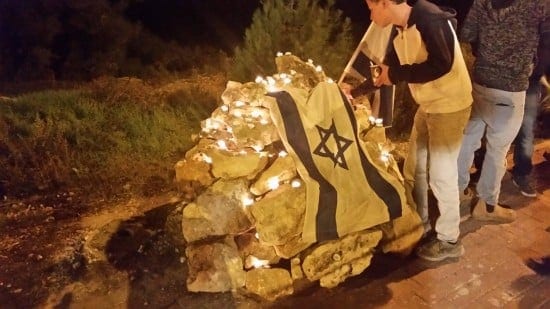
And so we sat in a cozy room and broke bread together, the salt of our tears melting into the warm bread, cutting the sweetness of the honey, mixing with the butter. The boys told tales of their beloved teacher. The one teacher who had loved them no matter how they dressed or behaved, no matter what they said. His huge mustache and heart had been known to all. He had been a presence at the school and in the community.
He’d been absolutely irreplaceable.
